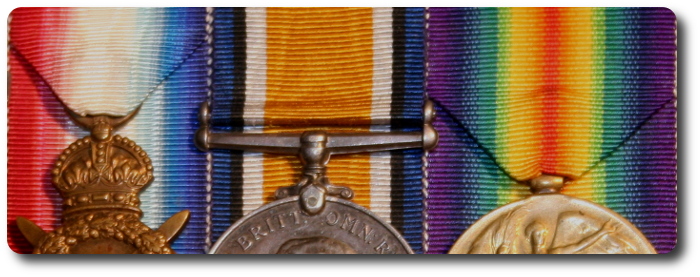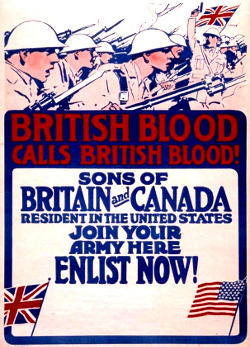Topic: CEF

"Trench Raids" Is the Topic of Recruiting Officer in Today's Article
Lieutenant J.H. Mitchell
Officer in Charge British-Canadian Recruiting Office in Spokane
Spokane Daily Chronicle, 26 November 1917

Richard Holt (2015) British Blood Calls British Blood The British-Canadian Recruiting Mission of 1917-1918, Canadian Military History: Vol. 22: Iss. 1, Article 4.
One of the most interesting and important minor operations is known as the "trench raid." A trench raid in its perfected state was first carried out by the 7th British Columbia Battalion at the famous Messines Ridge, early in 1915, and since that time these raids are carried out nightly by the opposing forces on the western front.
A trench raid is made for three purposes—all of which may be combined at one time. First, it is made to obtain prisoners as a means of identifying what hostile forces are holding the lines; secondly, to destroy any special troublesome enemy positions, and thirdly, to demoralize and break down the morale of the troops holding the position. When the Germans first raided trenches held by the American troops, they had probably the first idea in view, and in this they were successful. However, we may expect to hear at any day that the American soldiers have played the same trick on the Germans and probably with much greater success.
After the Canadians succeeded in the first trench raid, the method was adopted by both the British and French armies. Marshal Joffre mentioned this raid in his orders of the day as an example of how such an operation should be carried on. It has been the practice with the allies to have those raids carried out by practically every infantry battalion and they have been very successful. The German adaptation of the trench raid has been characteristic of his whole method of war. He has not been able to rely upon his ordinary troops to furnish raiding parties, and so has selected especially trained men and formed them into what is known as "storm troops." These are not used for ordinary trench duty but are moved from point to point to carry out a raid and thus to stiffen the back bone of the German troops holding that sector.
The trench raid, as usually carried out by the allies, is a very elaborate affair, calling for the closest cooperation of the infantry and artillery, and is undertaken after a period of intensive training for that purpose. After the point at which the raid is to take place has been determined, exact models of German trenches are laid out on the training grounds on which the enemy trenches are located. These trenches are laid out from photographs taken from aeroplanes.
After training has been completed in these trenches and every man is familiar with the part which he is to play, the party is then transferred to the trenches and the actual raid takes place. The raid is usually preceded by the artillery shelling the enemy's line at various places so that he will not be aware of which point the raid will take place and so that he will not be especially aroused by artillery fire directed against his position. The wire is usually cut either by this artillery fire or by fire from the trench mortars. At the moment the attacking party leaves their trenches, the artillery lay down a barrage of shells on both sides and behind, the object being to cut off the enemy in that sector from support. The attacking party then storm the trench, taking prisoners and machine guns and destroying dugouts, and killing many of the enemy who refuse to surrender. The operation is usually successful and with small loss to the raiding party, as from the time they leave their own trenches only a few moments elapse before they return with the prisoners.
In many particulars the German is a very fine soldier, but he often fails completely when called upon to act on his own initiative when he is not under the command of his officers, and this has been responsible for the failure of a great many German raids. It is naturally expected that the American troops in France will prove themselves expert in this form of fighting. The success of an operation of this kind depends largely upon the capability and resoluteness of each man employed.

